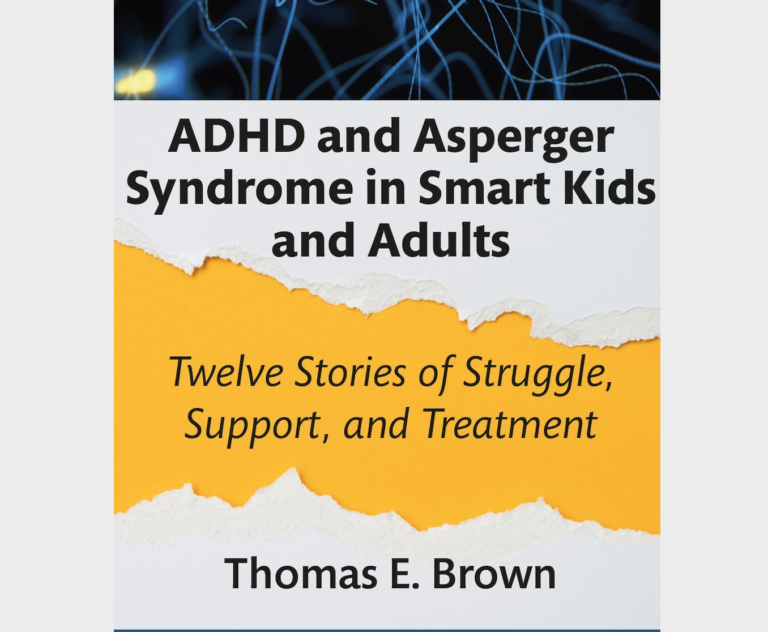Tags
ADHD adolescence attention autism book review boundary conditions classroom advice conference speakers constructivism/direct instruction creativity desirable difficulty development dual coding elementary school embodied cognition emotion evolution exercise experts and novices gender high school homework intelligence long-term memory math methodology middle school mind-wandering mindfulness Mindset motivation neuromyths neuroscience online learning parents psychology reading retrieval practice self-control skepticism sleep STEM stress technology working memoryRecent Comments
- How to Present at a Conference... |Education & Teacher Conferences on Enjoyment or Skill? The Case of Reading
- How to Present at a Conference... |Education & Teacher Conferences on Do *Goals* Motivate Students? How about *Feedback*?
- Roberta on Seriously: What Motivates Teachers to Be Funny?
- Revisiting the "Handwriting vs. Laptops" Debate: More Moving Goalposts |Education & Teacher Conferences on Handwritten Notes or Laptop Notes: A Skeptic Converted?
- The Power Of A Growth Mindset: How Students Can Overcome Challenges - Sunshine Blessings on The Rise and Fall and Rise of Growth Mindset
ABOUT THE BLOG

Walking Promotes Creativity? A Skeptic Weighs In…
When teachers try to use psychology research in the classroom, we benefit from a balance…

ADHD and Asperger Syndrome in Smart Kids and Adults by...
In ADHD and Asperger Syndrome in Smart Kids and Adults: Twelve Stories of Struggle, Support,…

The Most Important 5 Minutes in Class: The Primacy/Recency Effect
As we put our lesson plans together, we teachers want to know: are some minutes…

Working Memory in Everyday Life
Imagine this scenario: you’re standing in the CVS toothpaste aisle, trying to decide. You think…

Earworms and Sleep: What Will They Research Next?
Just last week, I spoke with middle- and upper-school students about learning. We all know…
